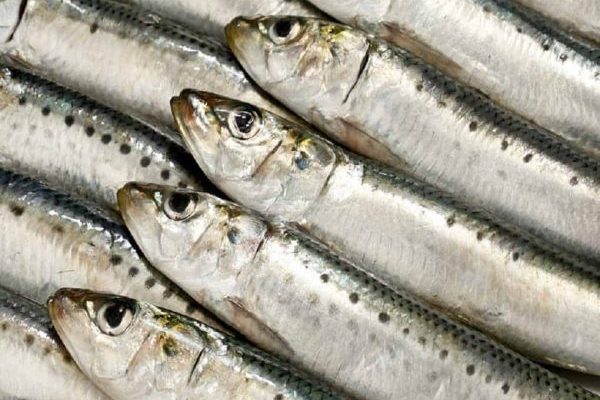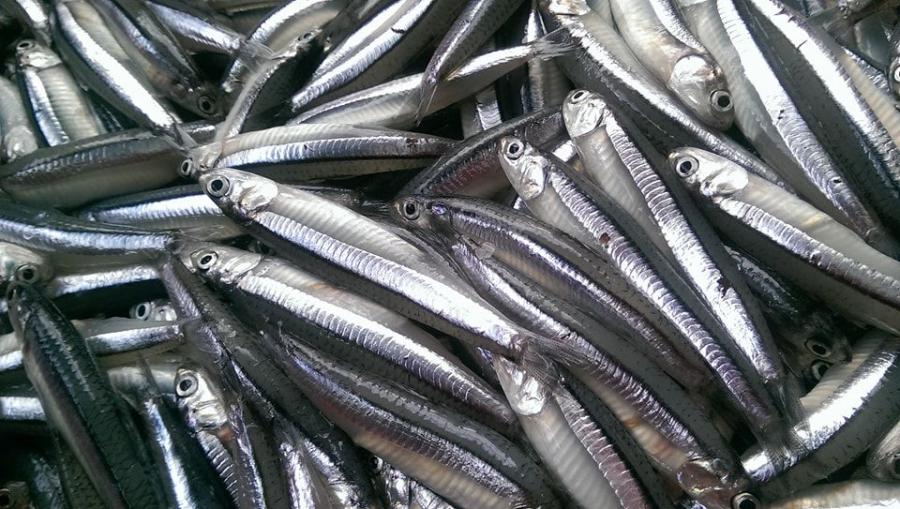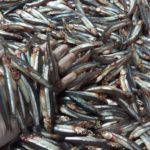Tuna
Tuna is not only a popular fish on the dining table but also a rich source of selenium, vitamin B12, and omega-3 fatty acids. The combination of these nutrients not only brings many health benefits but also provides a source of high-quality protein and fats.
Mackerel
Mackerel not only provides omega-3 fatty acids, protein, calcium, magnesium, phosphorus, zinc, and many other nutrients, but also is an important source of vitamin B12 for cardiovascular health and energy for the body. Supplementing with calcium and vitamin D, mackerel plays an important role in maintaining bone health, creating a comprehensive and beneficial dietary choice.

Snowfish
Snowfish, with high levels of omega-3 and omega-6 fatty acids, not only helps improve cardiovascular health but also is a source of important vitamins B12, B6, and essential vitamins E, A, C. In addition, snowfish provides phosphorus, potassium, selenium, and other trace minerals, all of which are important factors in supporting proper body function. With its lean nature and low calorie content, snowfish becomes an ideal choice for those who want to maintain weight and a healthy diet.
Goby
Goby, although small in size, is a treasure trove of nutrients. Providing a large amount of protein, minerals, and vitamins A, D, along with omega-3 fatty acids, goby is not only a diverse source of nutrition but also plays an important role in supporting overall health. In addition, goby often lives near the coast, bringing freshness and deliciousness to the dishes.

Smoothskin fish
Smoothskin fish can exist in both fresh and saltwater environments. This fish not only provides essential omega-3 fatty acids for the brain, heart, immune system, and eye health but also contains a large amount of vitamin B12, supporting the process of DNA production and maintaining normal blood cell activity.
Catfish
Catfish, with tender meat and rich protein, provides useful calcium for muscle and bone health. In addition to omega-3 fatty acids, catfish is a precious source of vitamin A and D, two important vitamins for overall body health.
Tuna fish
Tuna fish is rich in both monounsaturated and polyunsaturated fatty acids and low in saturated fat. Consuming tuna helps reduce the risk of cardiovascular problems such as stroke, atherosclerosis, heart pain, and arrhythmia. Additionally, it aids in controlling blood sugar levels and reducing visceral fat. Tuna fish contains anti-inflammatory compounds, supporting pain and muscle stiffness reduction, especially for people with low-grade inflammatory arthritis.





































